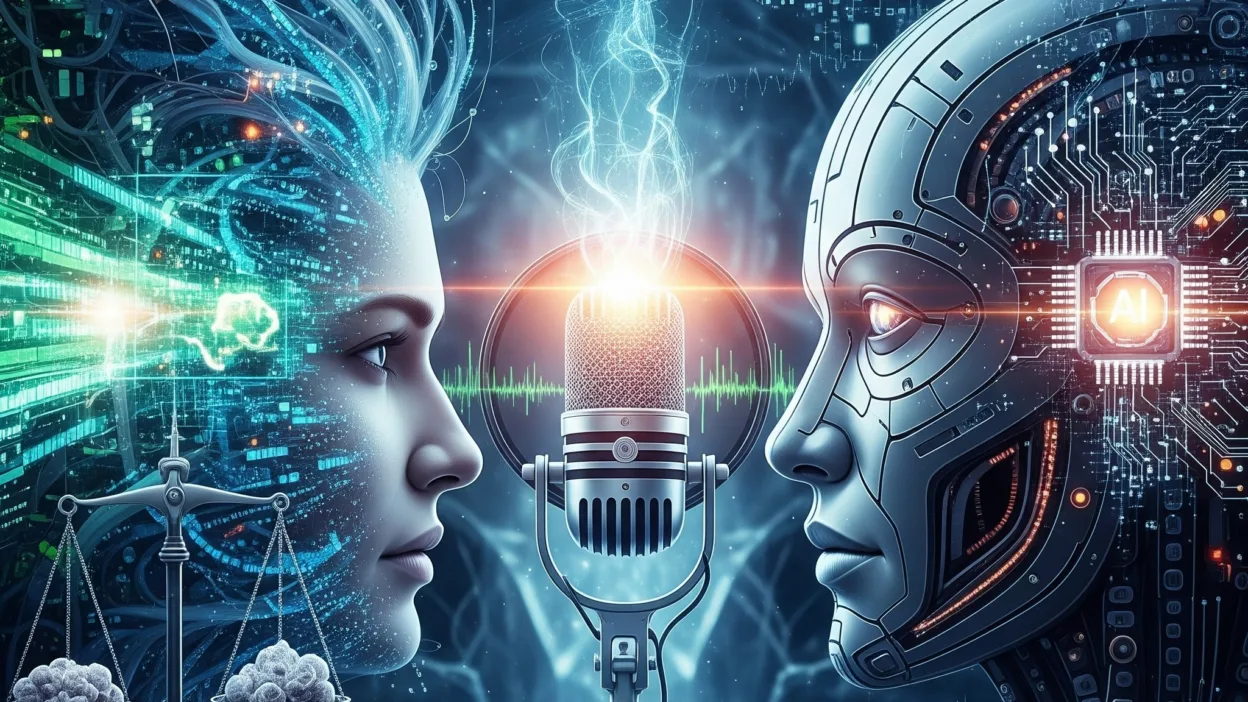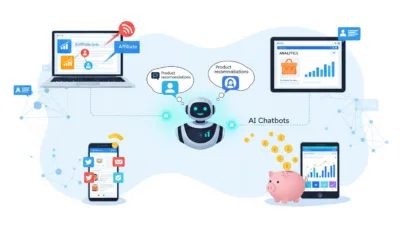AI voice cloning has moved from experimental labs into the hands of everyday creators, marketers, and brands. With tools like ElevenLabs, Descript, and Murf.ai, it’s now easy to replicate a human voice using just a few minutes of audio. But as this powerful technology becomes more accessible, it also raises serious ethical questions and legal gray areas that creators must navigate.
This blog post explores the most pressing ethical and legal challenges of AI voice cloning and how to stay compliant while still leveraging this groundbreaking tech.
Why Voice Cloning Ethics Matter More Than Ever
AI voice cloning isn’t just a tool for productivity, it has the power to mimic someone’s identity. Voices carry emotion, personality, and trust. Misusing this technology can lead to:
- Identity theft or impersonation
- Unauthorized brand endorsements
- Misinformation or scams
As voice clones become indistinguishable from real humans, questions of consent, authenticity, and ownership become central to how AI-generated audio is created and shared.
The Legal Status of AI Voice Cloning (Country by Country)
United States
There is no federal law that specifically regulates AI voice cloning yet, but several legal areas apply:
- Right of Publicity: Many states (like California and New York) protect individuals from unauthorized commercial use of their name, image, or voice.
- Copyright Law: While a voice itself isn’t copyrighted, original audio performances can be. Using someone else’s audio dataset without permission could lead to copyright claims.
- Deepfake Laws: Some states have introduced laws targeting synthetic media used to mislead, defame, or impersonate in politics or pornography.
European Union
Under the General Data Protection Regulation (GDPR):
- A person’s voice is considered biometric data.
- Consent is required before collecting or processing someone’s voice for AI training.
- Organizations must inform users of how their voice data is stored and used.
Other Jurisdictions
Countries like Canada, Australia, and Japan are actively reviewing or updating their data privacy laws to include biometric information like voice data. However, the pace of regulation is still slower than the growth of the technology.
Ethical Guidelines for Creators and Businesses Using Voice Cloning
To avoid unethical practices (even unintentionally), here are the core principles to follow:
1. Obtain Informed Consent
Before training a voice model or using a voice clone:
- Get written permission from the voice owner.
- Clearly explain how the voice will be used (ads, videos, apps, etc.).
- Avoid using public figures, celebrities, or actors without proper licensing.
2. Disclose Use of AI-Generated Voices
If your video, podcast, or ad uses AI voice instead of a real speaker:
- Tell your audience clearly, transparency builds trust.
- Platforms like YouTube and TikTok may soon require AI content disclosure under their evolving guidelines.
3. Avoid Misleading or Harmful Use
Even if you own the voice clone, avoid:
- Faking endorsements
- Mimicking customer testimonials
- Using cloned voices in sensitive, political, or medical content
4. Protect Your Own Voice Data
Creators should also consider protecting their voice:
- Use watermarks or slight audio fingerprints to detect unauthorized use.
- Monitor AI tools for datasets that may include your voice.
- Consider legal action if your voice is cloned without consent.
Common Legal Risks of AI Voice Cloning
- Defamation: If someone uses your cloned voice to say harmful or false things, it could result in defamation lawsuits.
- Fraud: AI voice calls imitating CEOs or customer reps have already been used in scams.
- Contract Breach: Influencers or voice actors might breach exclusivity clauses by licensing their AI voice elsewhere.
Industry Response and Future Regulations
Major platforms like Adobe, Meta, and OpenAI are working on AI content labeling tools and ethical AI guidelines. New watermarking methods are also in development to identify whether audio is synthetic.
In the near future, we expect:
- Voice cloning registries or certification systems
- Mandatory disclosure rules for AI-generated voices in ads or media
- Legal precedents that will shape the boundaries of consent and usage
What Creators Can Do Right Now
To safely and ethically use AI voice cloning:
- Stick to cloning your own voice, or voices you’ve explicitly licensed.
- Add disclaimers in video or podcast descriptions.
- Keep a paper trail (emails, signed forms) for all consent-based voice work.
- Monitor your niche for changes in platform policies around synthetic audio.
Final Thoughts
AI voice cloning is a powerful and innovative tool but with great power comes great responsibility. As creators, freelancers, and marketers explore this new terrain, staying informed on the ethical and legal implications isn’t optional, it’s essential.
This technology has the potential to democratize content production at scale, but only if used with respect, transparency, and compliance. The future of AI voice work belongs to those who can balance innovation with integrity.



